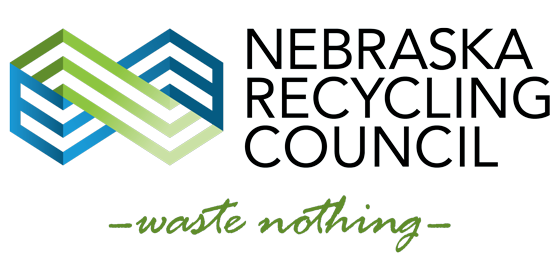Lincoln NE waste management solutions

Ground pollution in Nebraska
Ground pollution in Nebraska is a serious environmental concern that needs to be addressed. Ground pollution occurs when toxic chemicals and pollutants are released into the environment, and can affect the quality of life of residents in the area.
The state of Nebraska is home to numerous industries, many of which release pollutants into the air, water, and soil. This has resulted in a variety of environmental issues, including ground pollution.
Ground pollution in Nebraska is caused by a variety of sources, including agricultural runoff, industrial waste, and urban runoff. Agricultural runoff is one of the most common sources of ground pollution in Nebraska. Runoff from fertilizers, pesticides, and herbicides can all contribute to ground pollution.
Industrial waste is another major source of ground pollution, as industrial facilities often release a variety of pollutants into the environment. Urban runoff is also a major source of ground pollution, as storm water runoff from cities and towns can carry a variety of pollutants into the environment.
The effects of ground pollution in Nebraska can be far-reaching. Pollutants in the soil can enter the food chain, potentially contaminating food and water sources. Additionally, ground pollution can affect air quality and cause health issues for people living in the area.
Ground pollution can also affect the appearance of an area, as pollutants can accumulate in the soil, leading to an overall decline in the appearance of the area.
Fortunately, there are several steps that can be taken to reduce ground pollution in Nebraska. One of the most effective methods is to reduce the amount of runoff entering the environment. This can be done by planting vegetation, creating buffer zones around water sources, and improving drainage in urban areas. Additionally, individuals can reduce their contribution to ground pollution by properly disposing of waste and avoiding the use of toxic chemicals.
Ground pollution in Nebraska is a serious environmental concern, and one that must be addressed. By taking steps to reduce runoff, properly disposing of waste, and avoiding the use of toxic chemicals, individuals can help reduce the amount of ground pollution in the state.
In addition, state and local governments should work together to develop and implement policies and regulations to reduce ground pollution and protect the environment.
Waste management issues in Lincoln, Nebraska
Waste management is a major issue in Nebraska, as it is in many other parts of the country. It is a problem that has been growing in recent years, due to rapid population growth, increased use of disposable items, and a lack of adequate waste management infrastructure.
In Nebraska, there are two main types of waste management: landfills and recycling. Landfills are the most common form of waste management and are used to store solid waste, often with dumpster rentals bringing junk to these sites. The problem with landfills is that they take up a lot of space, can be environmentally damaging, and can emit harmful pollutants into the air.
Recycling is the other form of waste management and is becoming increasingly popular in Nebraska. Recycling helps reduce the amount of waste that is sent to landfills and helps protect the environment by reducing the amount of energy and resources needed to make new products. The state of Nebraska has implemented several initiatives to encourage recycling, such as the “Recycle Everywhere” program, which provides incentives for businesses and organizations to recycle materials.
Despite the efforts to promote recycling and dumpster rentals, there is still a lot of room for improvement in Nebraska’s waste management infrastructure. One issue is the lack of public education and awareness about the importance of recycling and proper waste disposal. Additionally, many rural areas lack the infrastructure and resources needed to effectively manage waste.
The state of Nebraska is making efforts to address these issues, but there is still much work to be done. If the state is serious about improving its waste management infrastructure, more needs to be done to ensure that all citizens are educated and aware of the importance of recycling and proper waste disposal.
Additionally, the state should continue to invest in infrastructure and resources in rural areas to ensure that all citizens have access to effective waste management solutions.
